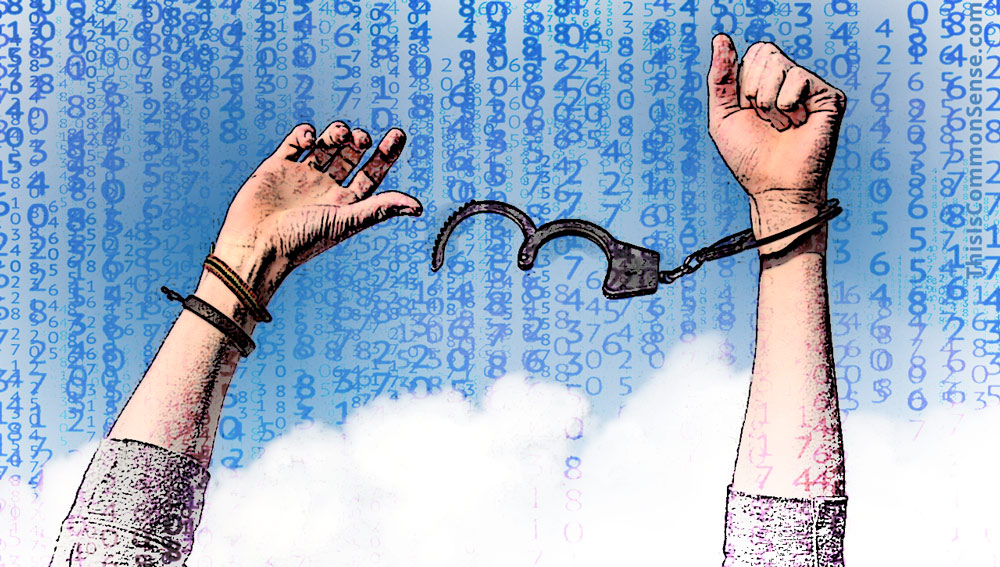I own no Bitcoin; it’s not my thing. The blockchain concept Bitcoin is based upon seems clever, sure, but I often curse at my “devices,” so only my politics prevents me from full-blown Luddism.
Besides, when I think “the people’s money” I don’t think “private fiat currency.” Which is what Bitcoin sure looks like to me.
But to quote from these very pages, “When times get tough, the tough … switch currencies.”
And times cannot get much tougher than in Venezuela right now. No wonder “many are turning to digital assets such as Bitcoin as an alternative to the Venezuelan bolivar,” writes Matthew Di Salvo for the BBC.
“Critics say Bitcoin and other cryptos — there are more than 1,600 globally — are unstable, use too much energy, and are used by money launderers or those wanting to buy illicit goods on the web,” Di Salvo explains.
These points need addressing. I’ll try:
- A wannabe money will be as unstable as investor demand. When actually used as money, though, we may expect more stability. And Bitcoin is deflationary, so it should be more stable than government money.
- As if our banks and ATMs don’t use energy!
- Used by bad people? Well, you can say that about cash. But if we get rid of cash — as many experts want to — you can kiss any hope for freedom goodbye.
Venezuelans, by turning to keeping “their money in a digital wallet in the form of Bitcoin, Litecoin, Dash or any of the others,” are grabbing at something much better than what their malign inflation-happy government provides.
It is a pity that the “free-market” alternative is called “crypto” — meaning secret.
Freedom is the world’s best-kept secret?
This is Common Sense. I’m Paul Jacob.

See all recent commentary
(simplified and organized)
See recent popular posts
